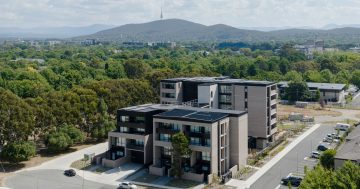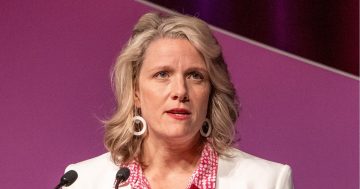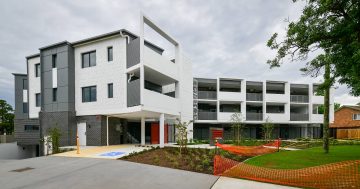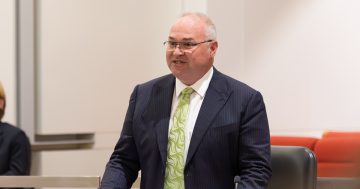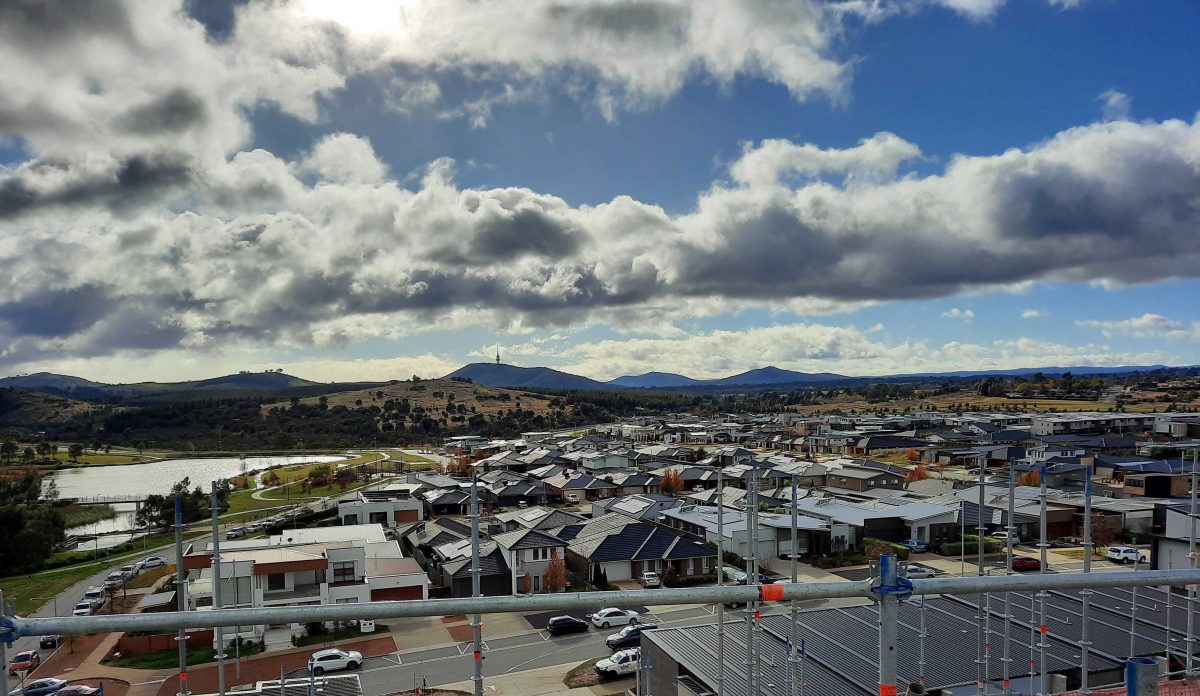
The Federal Government’s housing policy has finally passed both houses of Parliament. Photo: Ian Bushnell.
The Federal Government’s controversial $10 billion Housing Australia Future Fund (HAFF) policy to invest in the building of 30,000 new social and affordable rental homes over the next five years has passed Parliament after nearly eight months of negotiations.
The bill was introduced in February along with the National Housing Supply and Affordability Council Bill 2023 and the Treasury Laws Amendment (Housing Measures No. 1) Bill 2023. It enables the establishment of the HAFF to make grants, and Housing Australia to make grants and loans, for acute housing needs, social housing or affordable housing.
The bill passed the Senate on Wednesday (13 September), and the House of Representatives the following day. It comes after terse negotiations with the Greens, who had called for additional spending on social housing and for a rent freeze for renters struggling to make ends meet amid the current cost-of-living crisis.
Greens leader Adam Bandt and housing spokesperson Max Chandler-Mather said on 11 September that they would support the bill after securing additional funding for public and community housing, but failed to reach an agreement on a rent freeze. Additional support for the bill was gained from the Jacqui Lambie Network and ACT independent David Pocock.
“The Greens were not able to get the Government to shift on rent caps or rent freezes,” Mr Bandt told media.
Mr Chandler-Mather added: “We’re not going to solve the entire housing crisis in one bill. We secured funding, and now we turn our attention to fighting for a freeze on rent increases.”
In a 14 September statement, Prime Minister Anthony Albanese and Minister for Housing and Minister for Homelessness Julie Collins said the HAFF bill would “deliver the single biggest investment in affordable and social housing in more than a decade”, and create “a secure, ongoing pipeline of funding for social and affordable rental housing”.
Some of the more acute needs include $200 million for the repair, maintenance and improvement of housing in remote Indigenous communities; $100m for crisis and transitional housing for women and children impacted by family and domestic violence and older women at risk of homelessness; and $30m to build housing for veterans who are at risk of homelessness.
“This will mean more homes for key workers, more affordable homes for Australian renters, and more homes for those most in need,” a joint statement reads. “The Housing Australia Future Fund is backed by numerous stakeholders, including housing experts, community housing providers, and every state and territory Housing Minister.”
But rather than being a direct one-off cash injection by government, the HAFF is an investment fund that – in theory – will provide a long-running supply of housing funding for years to come, with the annual returns from that fund being used to fund its construction.
But the Greens have argued that if the fund loses money over a year, that would mean there would be no funds available for housing in the next year. In response to the Greens’ concerns, an amendment to guarantee a minimum spend of $500m each year was inserted into the legislation.
An additional concession made to gain the support of the Greens was the announcement of $3b in direct funding, separate from the HAFF, for public and community housing, and a guarantee that 1200 homes will be built in each state and territory in the next five years to ensure an equitable distribution of the money.
Also separate from the HAFF, the Government announced in June that $2b would be made available almost immediately for what it called the Social Housing Accelerator.
In a 17 June statement, the PM said this would “create thousands of homes for Australians on social housing waiting lists, and will increase housing supply sooner, with all funding to be committed by states and territories within two years ending 30 June, 2025”.













